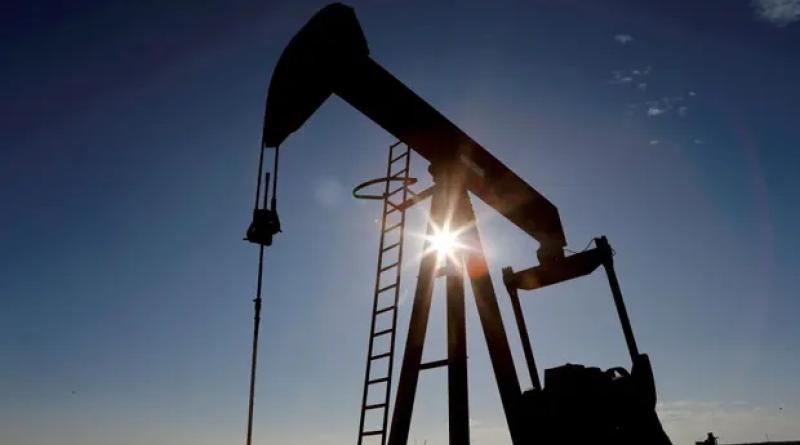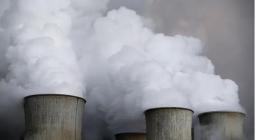What is the fossil fuel non-proliferation treaty?
It is a proposed treaty to explicitly stop the expansion of fossil fuel exploitation and manage a just transition away from coal, oil and gas to clean energy.
Why is it needed?
“For 30 years we have been making emissions reductions targets but the fossil fuel industry has been continuously expanding production,” Tzeporah Berman, chair of the initiative, said at Cop27. “We are trying to reduce the demand for fossil fuels without reducing the supply, which is like trying to cut with one half of the scissors. There is no treaty on what governments can produce and where and, without a treaty, we will be unable to bend the curve on emissions.”
What’s the problem with more fossil fuel production?
The problem is that there is far more coal, oil and gas in company and government reserves, and planned for production, than can ever be burned if global heating is to be kept to 1.5C above pre-industrial levels. Put another way, burning all the fossil fuel currently on companies’ books would guarantee climate catastrophe.
Many major studies support this conclusion, including one that found 90% of coal and 60% of oil and gas reserves could not be extracted. In May, a Guardian investigation revealed that the world’s biggest fossil fuel firms were planning scores of “carbon bomb” oil and gas projects that would result in catastrophic global impacts.
Why would any country sign the treaty?
Countries are not going to cut their own fossil fuel production if other nations continue to profit from coal, oil and gas. An international treaty enables countries to agree cuts together, fairly, towards a common goal. Similar treaties have in the past successfully reduced nuclear weapon arsenals and landmines.
How would it work?
A new Global Registry of Fossil Fuels is being developed that will provide standardised, comprehensive, government-vetted and publicly available data on fossil fuels reserves. This means countries know what reserves other countries have, enabling negotiations on cuts to go ahead. It would also enable countries to be held to account for pledged cuts. At present, there is very limited public data on fossil fuel reserves.
Who supports the treaty?
“It is growing so rapidly that, even as the founder, I can barely keep up,” says Berman. It was presented on the floor of the UN general assembly by Vanuatu in September and by Tuvalu at Cop27. The World Health Organization has endorsed it, as has the Vatican and faith leaders representing 1.5 billion people. Other supporters include the European parliament, 70 cities including London, Paris and Los Angeles, and 1,700 NGOs.






